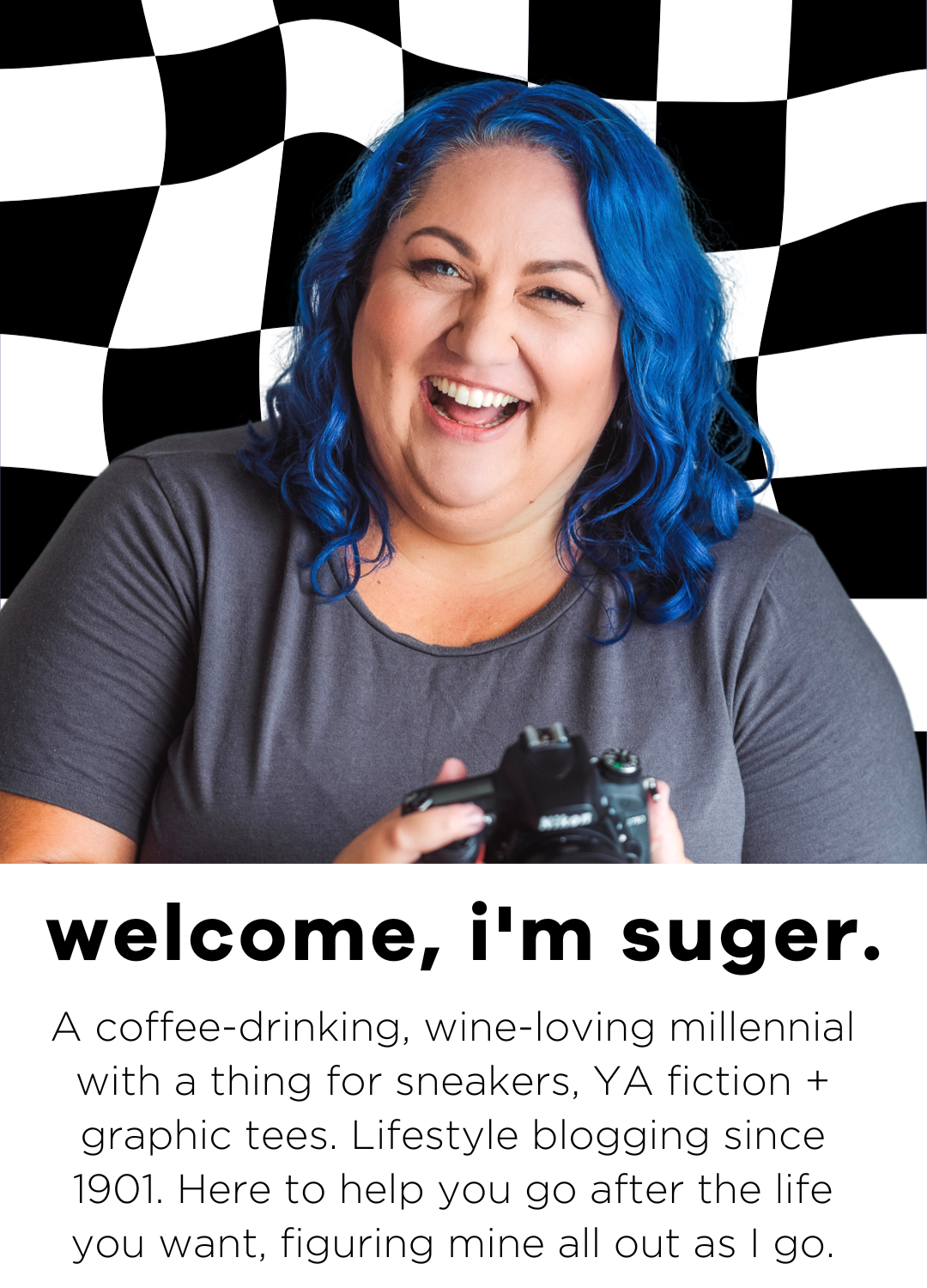Starting the year out rushing to get back to work with emails flooding my inbox wasn’t ideal. I was overwhelmed, and on the brink of panic most days, I got on with things. And when asked? Of course, I was fine. Tired, but fine. Busy, but fine. I know all about being fine.
Being fine is such a default response for so many of us—especially the busy, doing it all types who are juggling many balls in the air. I’m fine, you’re fine, we’re all FINE! Who doesn’t remember Ross Geller and his squeaky fine in that margarita fueled episode of Friends. So why do we do that?
Why do we say we’re fine when we aren’t?
Look, short version, I don’t know. Here’s hoping there’s a professional out there that can tell us all. So, I’m learning to identify the moments that I’m not fine and use my words to express that instead. To say that I’m struggling or articulate what I need. To be clear and do my best not to try to determine whether the other person is judging me and my request or not.
It’s not always possible. Sometimes that flight, fight or freeze instinct kicks in, and I’m stuck in the moment of fine. Honestly, I think women are taught to nod and smile our way through almost anything, often to our detriment. As we’ve seen lately with local and international personalities, speaking up is often met with criticism. No one wants to be the one to bring the room down or look foolish.
But the other side of that coin is that when we break through the “fine” and share what’s real, the results are empowering, engaging and can be a relief to those around us. We must acknowledge that finding the words to declare ourselves not fine is a win. It’s the work there is to do for a lot of us. To stop and consider your answer for a moment when asked.
Because are you? Fine, that is?
…
Hi! I’m Melissa Walker Horn. Around here, they call me Suger. I’m the Chief Blogger and doer of all the things here at Suger Coat It. Blogging since 1901; I love a casual ootd, taking photos, and writing about things that irk or inspire me. I love wine and cheese, long days at the beach and spending time with my family. I make stuff for the internet over at Chalkboard Digital. You know, living the sweet life.



